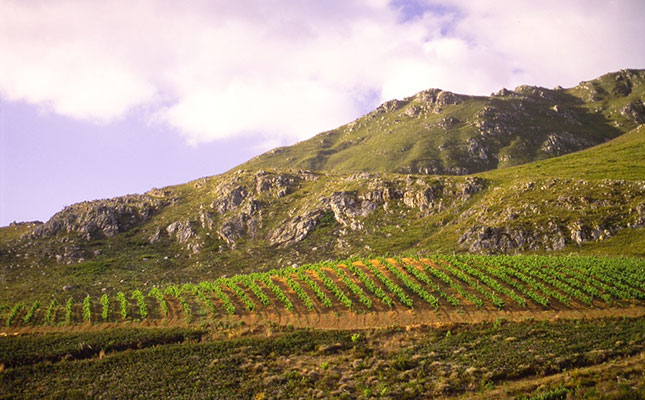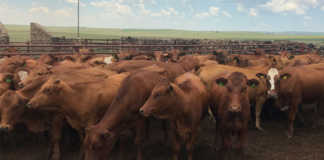
Photo: WWF
The demand for sustainable agricultural products is increasing around the world.
Now, a partnership between the South African wine industry and the World Wide Fund for Nature (WWF) has the potential to improve the local wine industry’s green credential, in order to meet this growing demand.
This was according to Shelly Fuller, WWF South Africa’s programme manager for sustainable fruit and wine projects.
READ Biodiversity: a valuable ally for the farmer
She explained that the process was being fast-tracked in some countries, where legislation was being drafted to ensure that that importers focused on sourcing goods from countries championing sustainable and regenerative farming practices, particularly those that drive a shift towards renewable energy interventions, and improved water security measures.
“For example, the EU recently announced an economic recovery package that includes a carbon tax on imports from countries not meeting certain requirements regarding carbon emissions and sustainability. This regulation, which comes into effect in 2023, is but one example of the new trend to so-called ‘green protectionism’, whereby countries aim to guard their economies against imports by seeking strict sustainable guarantees from other nations wanting to export to these countries.
“Here, the partnership between the WWF and the South African wine industry, called the Conservation Champions programme, is set to play an increasingly important role,” said Fuller.
READ Land-use change drives drastic biodiversity decline – report
The programme included 45 Cape wine farms.
“[The] farmers who are WWF Conservation Champions own some 45 000ha of land between them, of which 22 000ha is conserved Cape Floral Kingdom [areas], comprising fynbos Karoo succulent plants and myriad birds, mammals, insects and reptiles.
“The fact that South African wines are produced in this natural environment, and one that is managed according to conservation principles under stewardship of the WWF, has to make an appealing case for buying Cape wines.”
According to Fuller, the WWF Conservation Champions programme will be working closely with members, assisting them to roll out a more extensive marketing campaign to promote this aspect of Cape wine, as well as actively seeking partnerships with international wine retailers who can commit to supporting wine produced by Conservation Champions.
“With the international wine trade aggressively seeking green credentials from suppliers, as well as the presence of the so-called green protectionism within South Africa’s export markets, Conservation Champions have the potential to truly capture the imagination of the wine world,” said Fuller.












